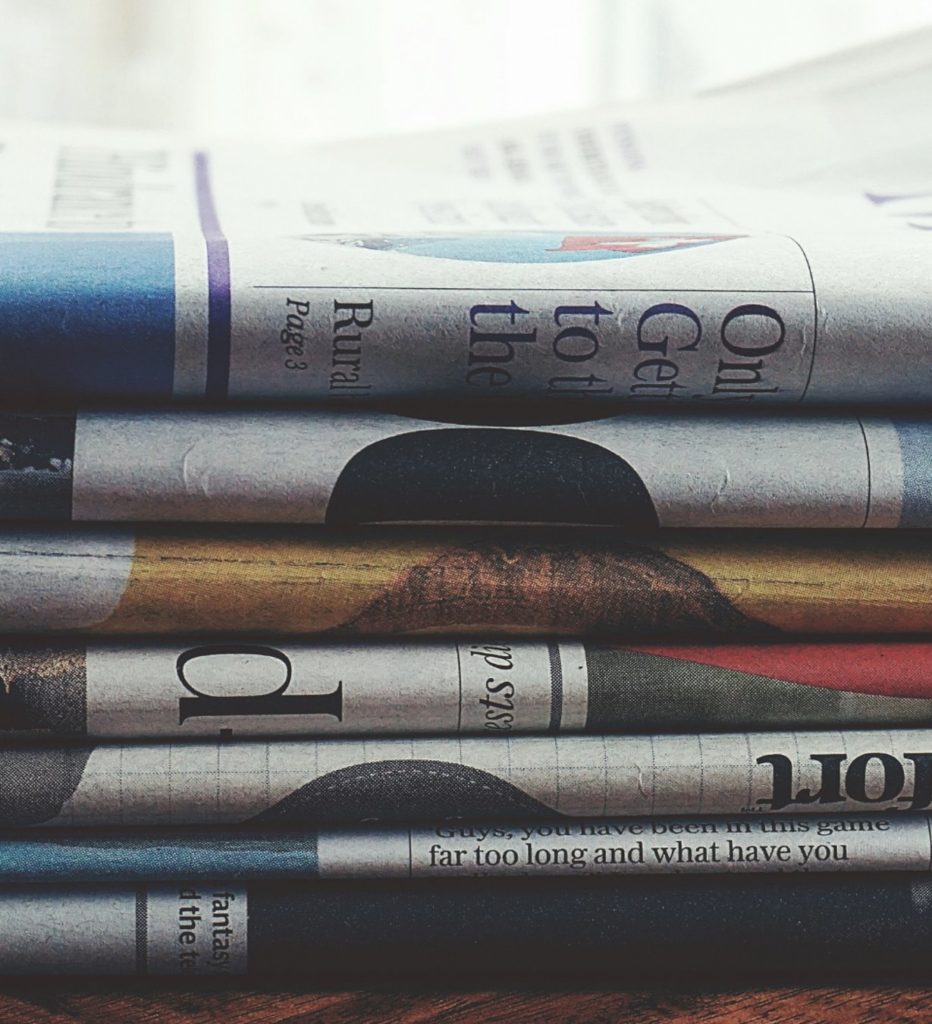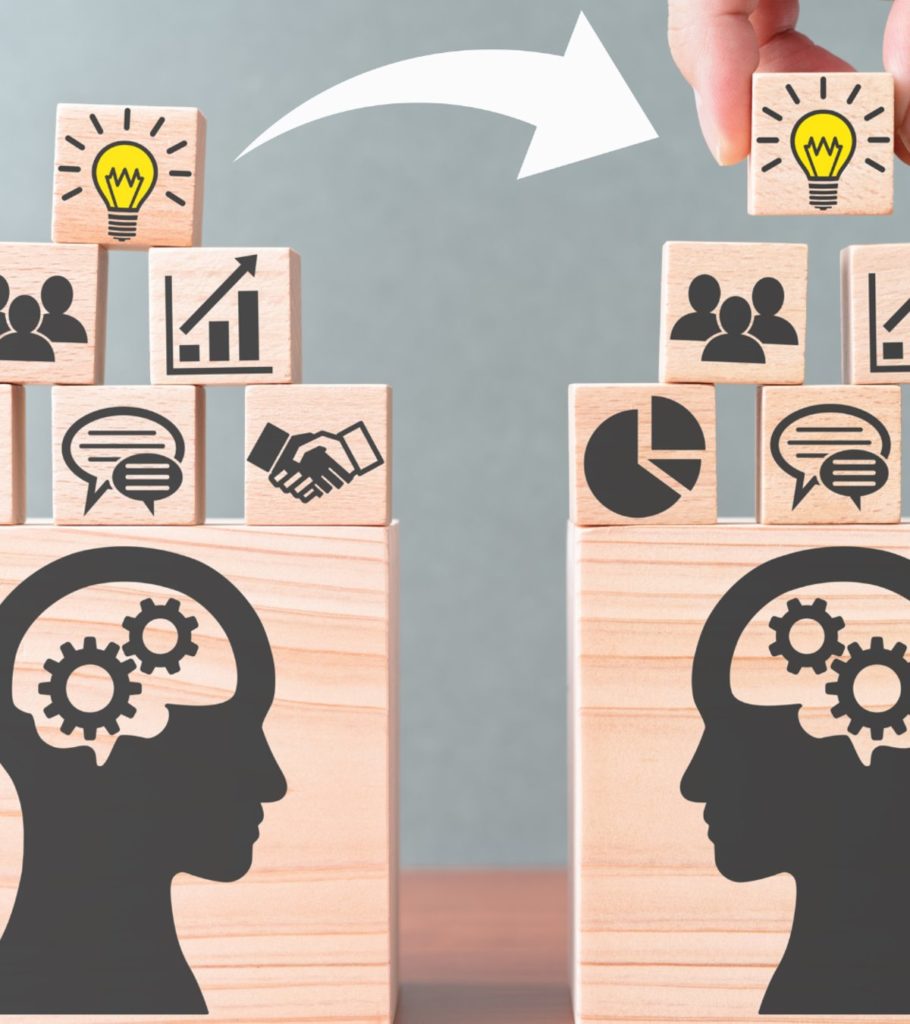Media for Sustainable Development Goals Copy Copy
Media can be a critical actor in ensuring public access to trustworthy information and protecting the fundamental freedoms of people. In accordance with national legislation and international agreements, the 2030 Agenda for Sustainable Development (Source) has stressed the need for developing media content and channels that ensure access to relevant information to build better foundations for societies. Media is not only just an instrument to create awareness about the SDG agenda but can also play a crucial role in its implementation. Providing citizens with access to information (SDG target 16.10) is an essential requirement in this regard.
Independent, pluralist media enable citizens to have access to information and subsequently build well-informed, critical, and resilient citizens that are empowered to shape their own development and to participate, advocate and monitor just and democratic societies regarding their governments.
With an aim of understanding media’s key role in sustainable development, the United Nations – which set the 17 SDGs in place – formed the SDG Media Compact back in September 2018. Since then, the UN agencies have insisted on developing meaningful collaborations between the media and the development sectors specifically on SDG topics. In this regard, media engagement has been identified as a priority for policies and civil programs; engagement and active participation, and co-creation are indispensable for making progress on inclusive governance, peace-building and sustainable development.
To offer a better perspective on the potential roles that media can play in the SDGs delivery, let’s see some concrete possibilities.

Facilitate localization: acting as a mirror of society, the media can support the SDGs localisation by identifying the SDGs gaps, reflecting on the status, contextualising the social problems, and highlighting the SDGs goals which need to be prioritised, etc.
Channel information: as an information ‘provider’, media can increase the visibility of SDGs and allow people to really the goals, targets, and their relevance. Media can also highlight the efforts organizations are making both at national and local levels, rising the visibility of civil societies and NGOs and helping to brand and improve their reputation. Finally, media can disseminate the findings of NGO&CSOs; from follow-up and review processes to mobilising people, broadening their engagement in SDGs, and upholding the marginalised voices of the most vulnerable communities.


Knowledge co-creation/Education: media can facilitate conversations that contribute to building critical knowledge. This can serve as a catalyst for citizens’ empowerment and mobilize grass-root efforts of social change.
Accountability: media can be a powerful tool for promoting inclusive governance and accountability in relation to government actors; from highlighting powerful stories, updates on government decisions, and spaces for public debates and discussions between citizens and their government. The role of media is essential to ensure the engagement of social actors in processes like policymaking and governance.


Cultural exchange: media can serve as an ‘enabler’ to promote a culture of peace, openness, and inclusiveness, the media can change the cultural norms that already exist and are valid for a long time and the changing attitudes of society itself.
Service demand: media can connect communities to service providers of digital technologies and open channels for citizens to create and claim digital rights policies.

CASE STUDY – The Guardian on Gender rights: As a media organization “The Guardian” has developed a section of their information dedicated to sharing stories and leads of people and organizations dedicated to achieving gender equality and pushing forward on women’s rights. As the best example of quality journalism, The Guardian has developed a specific content sub-category on women’s rights and gender equality under their content category ‘global development’ supported by the Bill and Melinda Gates Foundation to stimulate news and opinion generation on sexual rights issues happening globally.
